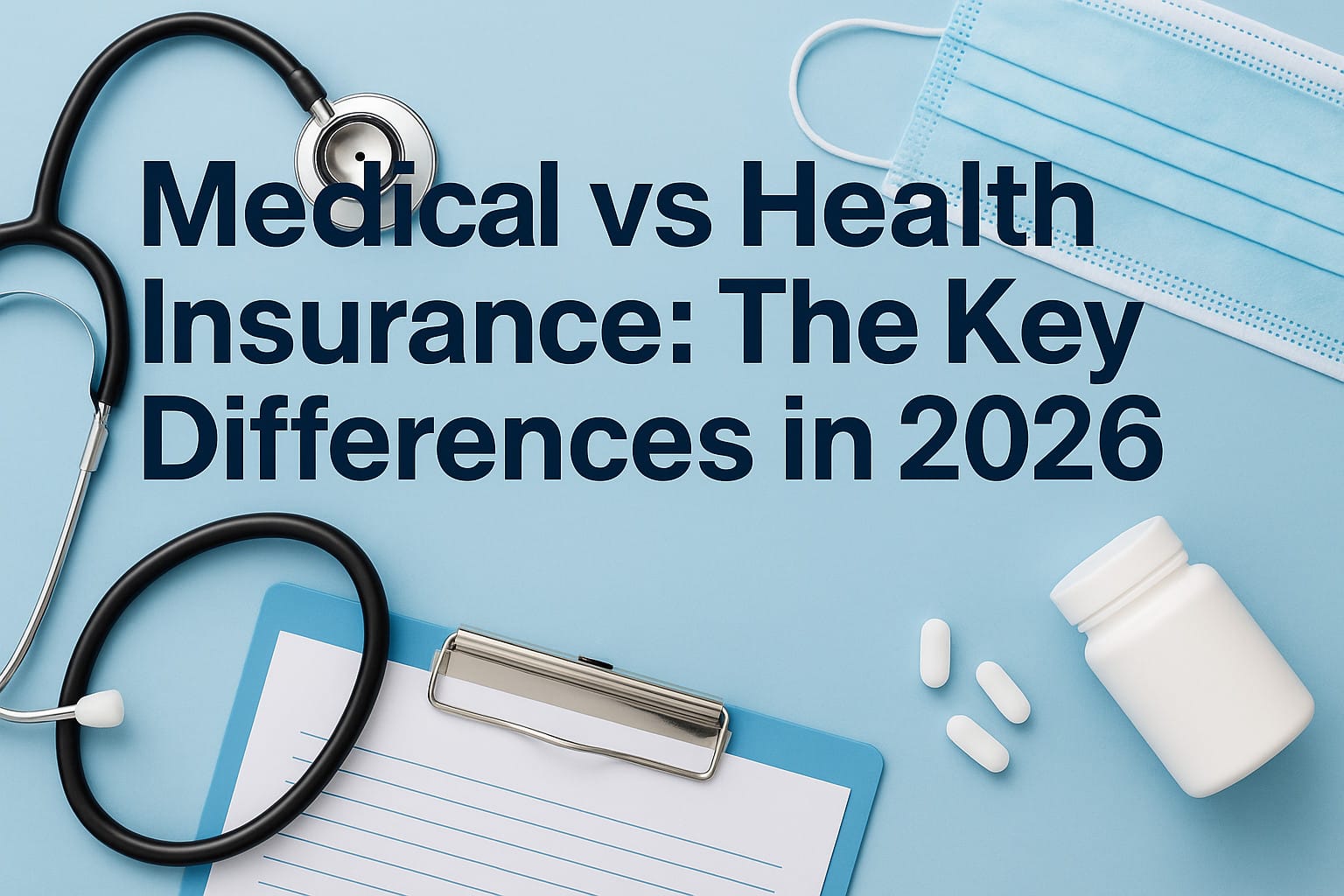As we age, our bodies become more susceptible to illnesses, wherein we may face certain health issues that arise and seeking treatment for such conditions can wipe out a significant amount of our savings and funds. Hence, these factors make it even more important to have good health insurance as we grow older.
For any senior citizen in Dubai and the UAE, it’s crucial to choose a health insurance plan that fits their specific needs and requirements, so that they remain covered for most health related illnesses that they may come across.
In this blog, we’ll cover some of the most important things to consider when choosing a health insurance plan for our senior citizens!
Who is considered to be a Senior Citizen in Dubai and the UAE?
Any individual living in the UAE (resident or national) who is 60 or above 60 years of age would be considered to be a Senior citizen.
What are the conditions or factors to consider while selecting Health Insurance for Senior Citizens in Dubai and the UAE?
There are many conditions to look out for whenever we consider a health insurance plan for a senior citizen.
Some of the most common ones are as follows:
Pre-existing Conditions:
One of the biggest factors to consider when choosing health insurance for senior citizens in Dubai is pre-existing conditions. When we talk about pre-existing conditions, we mean any medical condition or illness that a person has before they apply for a health insurance plan. Pre existing conditions may also include any signs and symptoms that the person feels which can be suggestive of an undiagnosed illness.
For example, if someone has high blood pressure, diabetes, or any other condition before applying for health insurance, it is considered a pre-existing condition by an insurer.
The reason why pre-existing conditions are important when choosing health insurance for senior citizens in Dubai is that it can affect the cost of the plan. Insurance companies may charge more for a health insurance plan if the person has a pre-existing condition. This means that the premium, or the amount of money that the person has to pay for the health insurance plan, may be higher. Nevertheless, it is important and advisable to declare these to the insurer in order to assess and confirm the coverage for the pre existing conditions.
Another important thing to consider is how much the insurance company will pay for the treatment of the pre-existing condition. Each insurance company has its own limits on the amount that they will cover for the treatment of pre-existing conditions per year. This is known as a sub-limit, which is typically AED 150,000 as per the minimum requirement of the DHA, but there are some insurance companies that cover more than this amount. So, before choosing a health insurance plan, it’s important to check if the plan covers the pre-existing condition and if the sub-limit is enough to cover the cost of treatment.
In short,
- Any medical condition that a person has before purchasing or applying for a health insurance is known as pre-existing condition
- Insurance prices can be higher to cover the pre-existing conditions
- Pre-existing conditions are subject to an amount limit in terms of coverage, which may be known as a sub-limit.
Sub-Standard Terms:
Some insurance companies offer sub-standard terms for seniors who are at higher risk of filing claims. These terms often include higher premiums or limitations on the coverage or defined sub-limits, etc.
- Some Insurance companies might offer or add special conditions for seniors who may need to use their insurance more often because they have more health problems
- These special deals might mean that the seniors have to pay more money for the insurance, or they might not get as much help from the insurance when they need it
- It’s important to understand these special deals and how they might affect you before you decide on an insurance plan.
So it’s important to carefully consider any sub-standard terms before choosing a plan as you may pay for something that won’t be utilised otherwise.
Waiting Period:
When you get a health insurance plan, you want it to start working right away, from day one. But some insurance companies might make you wait before certain parts of the plan start working. This is called a waiting period, and it means you have to wait for a little while before you can use some of the benefits of the plan.
So it’s important to ask the insurance company if there are any waiting periods before you sign up for a plan.
That way, you can make sure that the parts of the plan you need will start working right away, and you won’t have to wait too long to get the help you need.
- Check for the waiting period terms and covers to which the benefit applies to
- Check with the insurer on what is required to get the covers you require begin from day one, without a waiting period
- Check on the process and additional amount you’d have to pay for these covers accordingly as trying to reduce a waiting period may significantly increase your price on obtaining the health insurance
Copayment or Coinsurance:
- Copayment or coinsurance is like sharing the cost of medical care with the insurance company
- When you go to the doctor or get medical treatment, you might have to pay some money by yourself. This is known as a copayment or coinsurance
- These amounts are pre-defined in the health insurance and can be described as a Percentage value of a certain amount and/or a defined amount as per the Terms and Conditions of the medical care you are looking for.
- Example:
- A doctors consultation may cost you AED 100
- The copayment factor in your policy is defined as 20% or AED 25 whichever is lower
- Hence, you’d pay 20% of AED 100 which is AED 20, the lower amount
- This is common with medications as well, wherein any medications that are prescribed to you will have a certain copayment or coinsurance accounted for
- It’s important to understand what your copayment or coinsurance will be before you choose a plan, so you can decide what works best for you and your budget.
Benefits for Senior Citizens:
- Health insurance for senior citizens in Dubai, UAE come with a set of benefits that everyone gets as common
- However, seniors may have different needs and requirements when it comes to their health. Coverage for pre-existing conditions, if any, being one
- Hence they might need to see a doctor who specialises in their health condition(s) very often
- In this case, it’s important to look for a health insurance plan that covers those visits to the specialist/doctor/medication accordingly.
In short, Seniors should check with the insurance providers to see if they can customise their health insurance plan to fit their specific needs. This will ensure that they are covered for all their needs and requirements adequately without having to spend a lot later.
Wellness Program:
- A wellness program is something that helps seniors stay healthy and avoid getting sick
- Some health insurance plans for senior citizens in Dubai & the UAE have a wellness program included as a benefit, which means they will pay for things like check-ups and preventative care
- Plans with a wellness program might have higher premiums, as insurers are including these programs without any additional cost to the user, when they avail of the benefit
- It’s important to think about whether paying for a higher premium is worth it and if the benefits of the wellness program that are offered will be essential to the Senior’s needs and requirements
- Seniors should think about their own health and what they need when deciding if a wellness program is worth the extra cost
In conclusion, choosing the right health insurance plan for senior citizens in Dubai and the UAE requires careful consideration of the above mentioned factors.
By taking the time to carefully review all the options, choosing a plan that meets the specific needs, pre-existing conditions and covers that are adequate for consultations, medications, tests, etc. you can ensure that you have the coverage required to stay healthy and get the care they need, when they need it.







